Article provided by Babysits.nz
Ever wondered how watching different movies can affect your child? We asked some experts and reviewed academic research to see how movies can positively and negatively impact children.
Screen time is the centre of many debates nowadays, and is most commonly discussed with respect to its negative influence on children. The primary form of screen time brought up in these discussions is social media. However there is another form that is even more prevalent, particularly from younger ages – movies and television.
So, we dove into some academic studies and asked an expert in developmental psychology how movies can impact children developmentally.
What we discovered from the research
We read several studies from the American Academy of Pediatrics and other academic journals. We’ve summarized what the research showed.
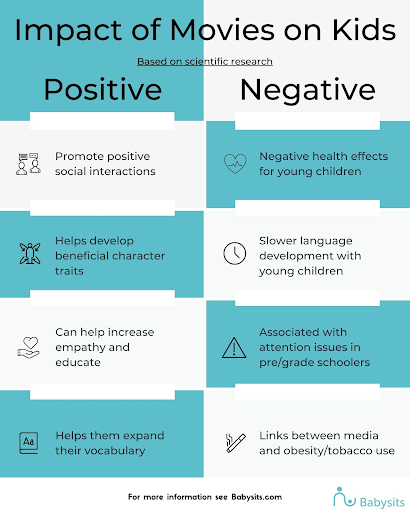
The negatives
Overall, the research showed that movies and television can have negative effects on children, spanning from negative health and development effects and language development issues in children under two, to links to obesity, tobacco use, and issues with aggression and attention in older children.
Studies explained that young children’s language development is strongly influenced by and related to the amount of time parents spend speaking to them. Based on this, they proved that vocabulary growth could be interfered with in households with increased TV use. Another study regarding older children, linked media exposure (primarily movies, television, and music) to seven negative health outcomes. This included 80% of 100 studies peer-reviewed showing a statistically significant link between obesity and media exposure.
The positives
On the other hand, there are also some positive aspects of movies for children. Namely, they can provide educational resources, help develop character, expand vocabulary with older children, increase empathy, and promote positive social interaction.
Specifically, evidence shows that children can respond to positive film influence, with regard to stimulation of emotions, empathy, and positive social behaviour. Additionally, movies are an educational supplement to course material in many classrooms and can provide educational value in a historical context, in some cases. Another educational angle, language learning, can also be benefited by film. Language is learned through exposure to comprehensible input, and film provides children with various opportunities to receive this input and develop their language skills (as long as they are old enough to fully comprehend the context or subject matter).
An expert opinion
You may be wondering – why does it matter? If my child is watching children’s movies, they certainly won’t be coming across any inappropriate, development spoiling themes, right? However, many children’s movies contain themes that at second glance are quite questionable.
Take these three movies for example:
To dive deeper into how movies can impact child development, and what this means for parents, we interviewed an expert in the field. Jennifer Harriger, a PhD in developmental psychology who has written about topics such as appearance related themes in children’s animated movies. Jennifer provided some valuable feedback and insight into how children experience movies.
Here’s what she had to say:
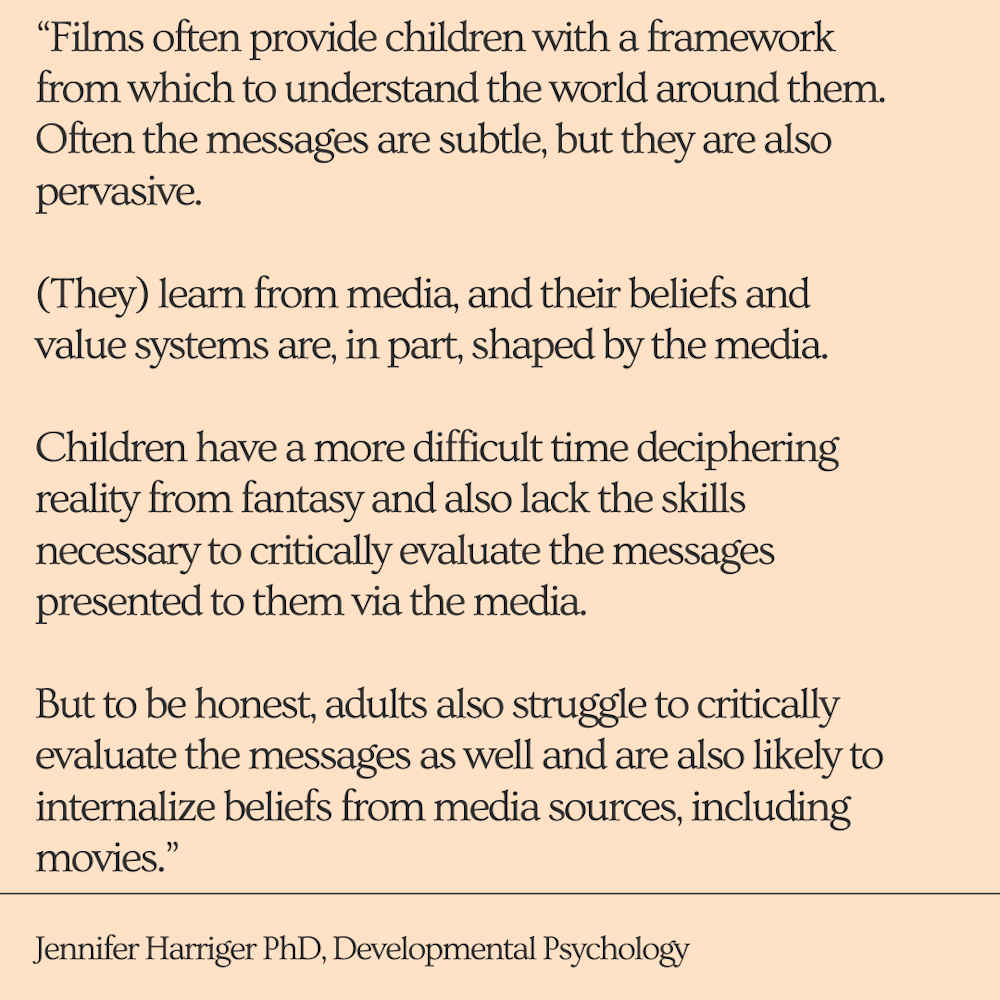
Overarchingly, Jennifer does believe, based on her own research and that of her peers, that children can be significantly impacted by film, and it can have a real effect on how they view themselves and the world around them.
Specifically, when asked directly if she believes children are strongly influenced by movies, she answered, “I do. Children identify with and want to emulate the characters that they see on-screen; particularly the characters that they view as attractive, confident, and successful.”
What to do as a parent?
What does this mean for parents however? Do we have to screen every film for every small, implicit negative theme and censor everything that our children watch?
Luckily, the experts think that’s not necessary (or even the best solution!).
While she does believe that, “movies have the potential to shape children’s beliefs about attractiveness, gender-roles, violence, and success, Jennifer doesn’t think any one movie will be a make or break for child development. “Instead I think that it’s a cumulative effect of many messages from many sources (including movies) that influence a child and his or her perspective.”
So, what should you do? How do you make sure children are getting the positive messages from movies and not internalising negative themes? It appears that simply discussing the themes in movies can be really impactful in child development!
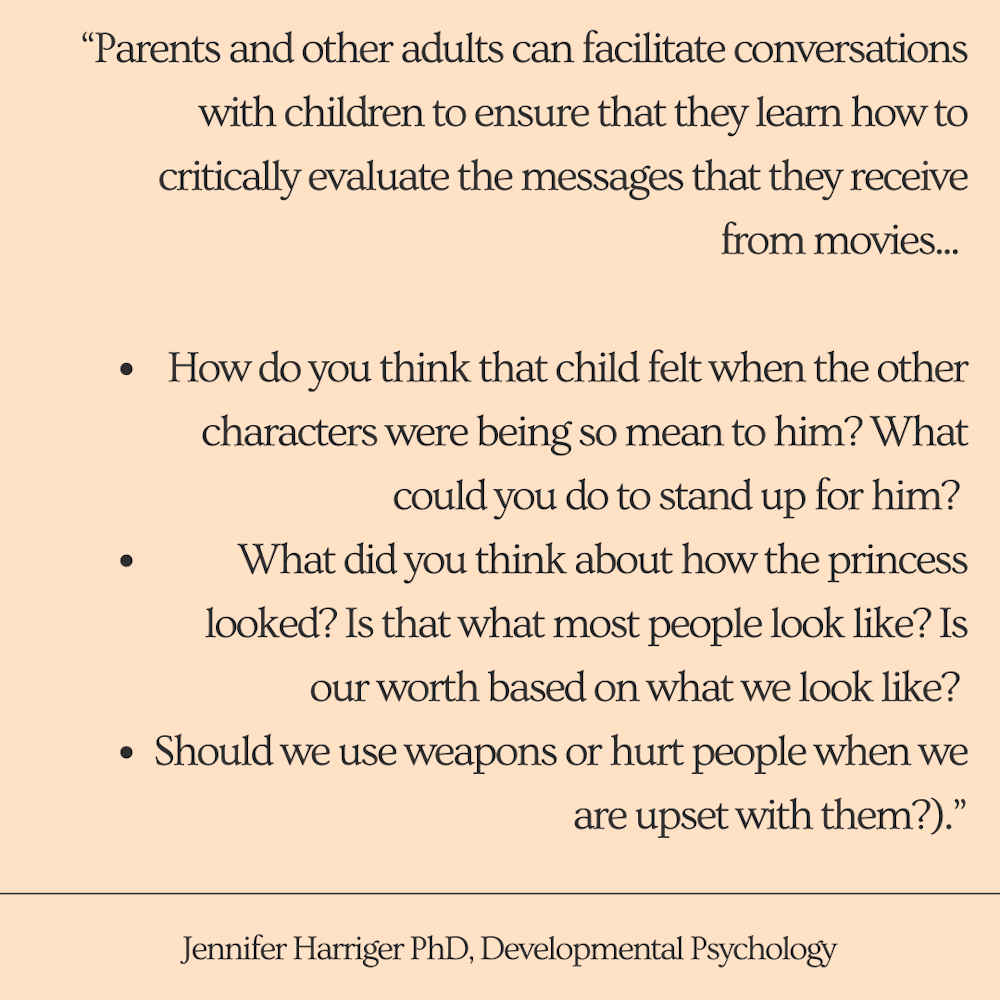
Try the movie question guide
In order to help facilitate conversations around movies, we’ve put together this movie question guide. Click on the image for a printable version.
For more information and insights on movies and child development, have a look at our article about the “Best movies to build character“.

Babysits is a platform where parents and babysitters across New Zealand can get in touch and coordinate childcare. It was founded in 2008 by Peter van Soldt, who was motivated by the belief that a truly good childcare platform gives a meaningful solution which simplifies everyday struggles for parents. Babysits is dedicated to empowering communities around childcare, giving parents, babysitters and childcare providers the transparency and authority to make their own, informed decisions regarding childcare.
For more information visit Babysits.nz.
See more:


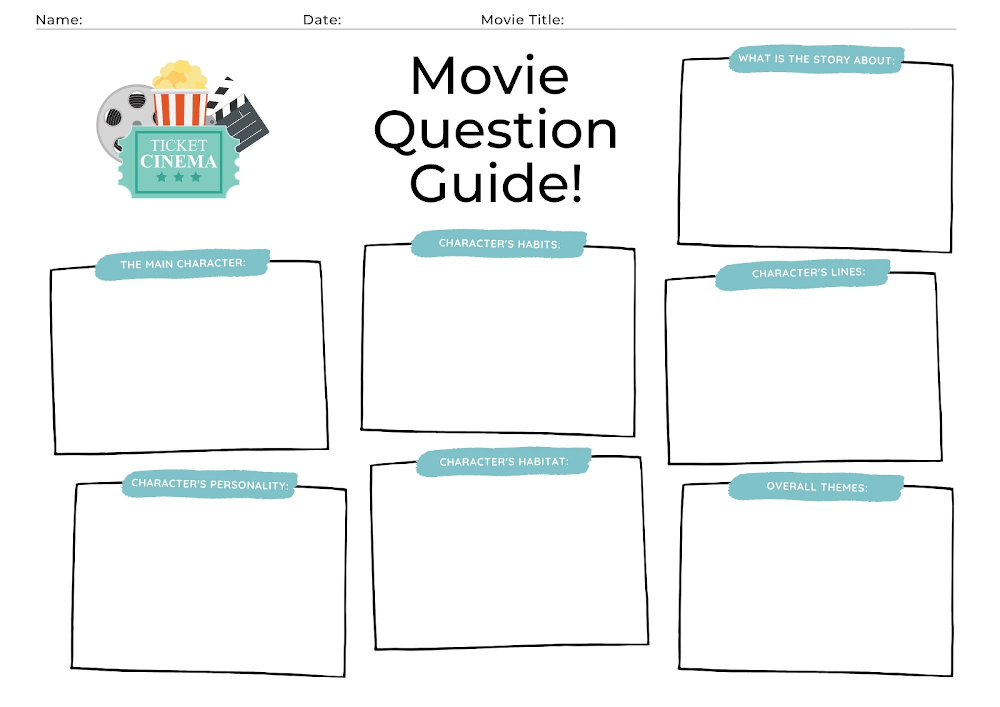

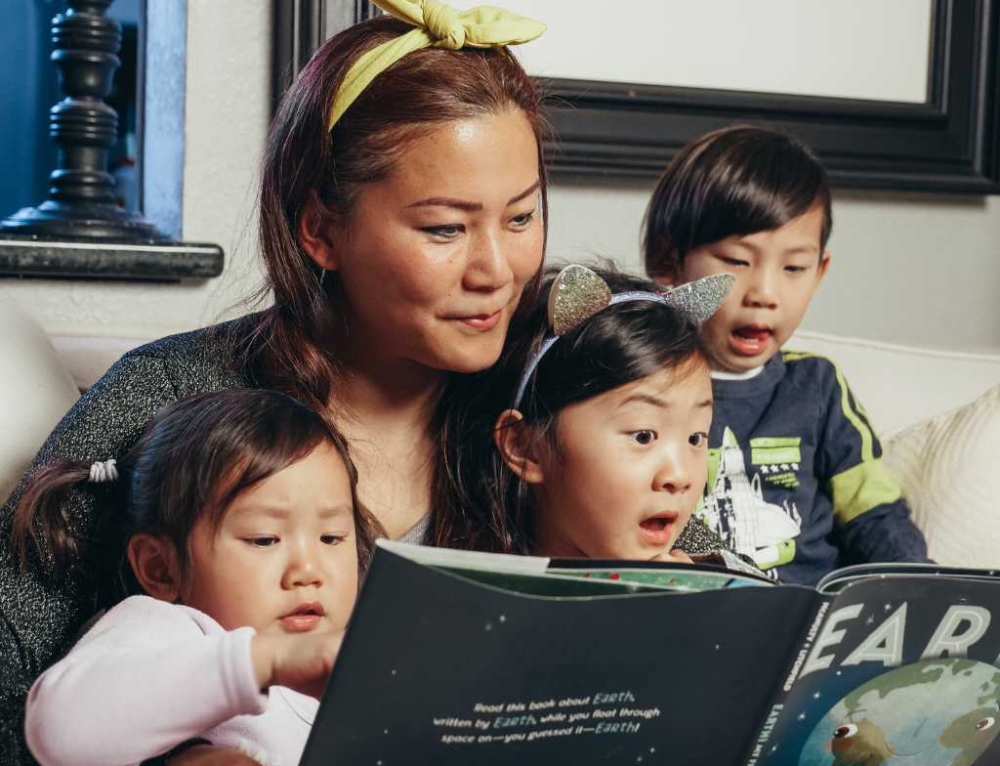
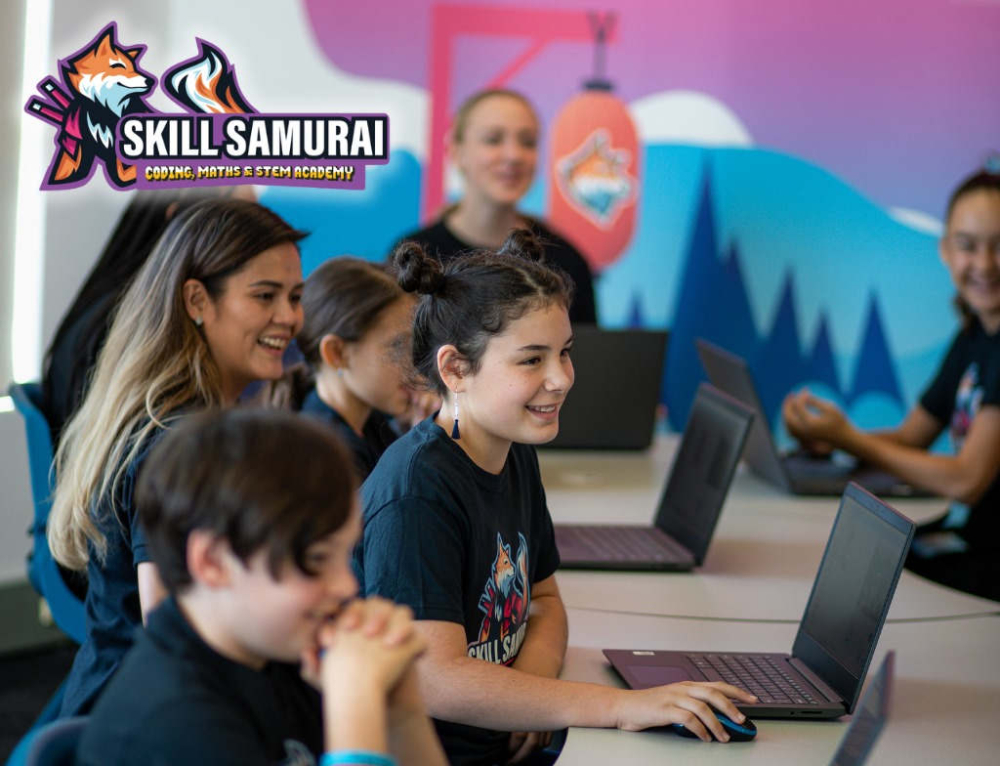


Leave A Comment
You must be logged in to post a comment.